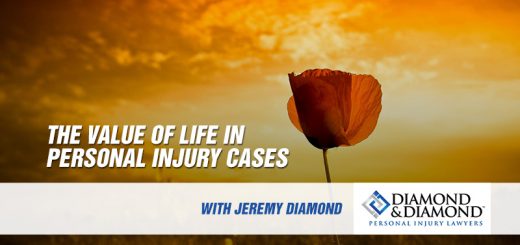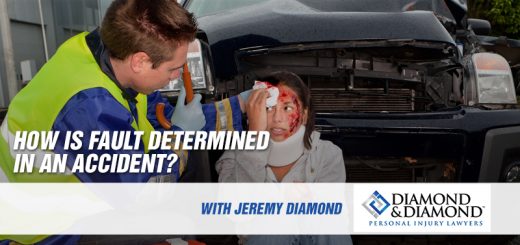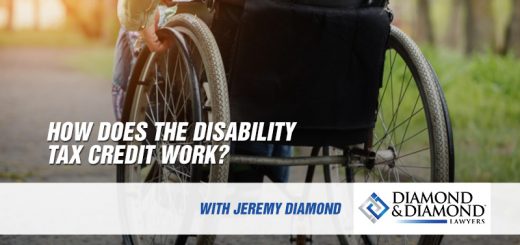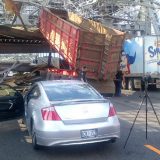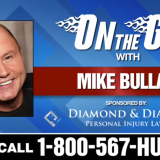Even though many of us might want to stay indoors during a brutal winter storm, it is usually not possible to hide until all the snow and ice disappears. Unfortunately, as we venture outdoors, we must deal with slick sidewalks and walkways that can cause a slip and fall accident. Falls on snow or ice-covered walkways can cause severe injuries, including broken bones, brain injuries, spinal cord injuries, and neck injuries.
If you fall while on another person’s property, the owner or the party who is responsible for clearing the snow and ice could be held liable for your injuries. The first step is determining liability and identifying the responsible party.
Determining Liability for a Slip and Fall
It can be difficult to determine who is liable if you fall on snow or ice. Is it the city, the property owner, a landlord, or a tenant? It depends on who is legally responsible for clearing the snow and ice. It also depends on whether the circumstances meet the legal requirements for holding a party responsible for injuries incurred on the property.
Under Ontario’s Occupiers’ Liability Act, property owners and occupants can be held liable for some accidents, including falls caused by snow and ice. The owners and occupants have a duty of care to take reasonable measures to maintain safe premises for people who are lawfully on their property. Reasonable measures might include removal of snow and ice during winter months. Examples of entities and people who are obligated under this Act include owners of:
- Residential property
- Restaurants and shops
- Office buildings
- Schools
- Retail stores
- Hospitals
- Shopping malls
In addition to the Occupiers’ Liability Act, the Residential Tenancies Act requires landlords to remove snow and ice from rental properties and apartment rentals. Furthermore, the Ontario Municipal Act provides a legal means for filing a claim against a municipality for gross negligence. Even though the Act does not define gross negligence, examples of this level of negligence might include leaving snow and ice on sidewalks for several days, failing to act reasonably to freezing temperatures, and a lack of a sufficient policy for sidewalk maintenance.
Because it can be difficult to determine liability in a winter slip and fall case, you need to contact an Ontario slip and fall lawyer as soon as possible after being injured. In some cases, you must act very quickly to protect your right to file a claim. The Ontario Municipal Act requires that you provide written notice of the accident within ten days of your fall. Failing to provide this notice could result in a dismissal of your claim. Therefore, it is best to contact our office quickly after a fall because of snow and ice so that we can determine the liable party and begin taking steps to protect your legal right to recover compensation for your injury.
What are the Rules for Removing Snow and Ice from Your Property?
Removing snow and ice is a winter chore that we dread each year. However, it is something that every property owner is very familiar with because of the amount of snow we receive each year in Ontario. Because slip and fall accidents can be common this time of year, many cities throughout Ontario have enacted specific laws related to ice and snow removal.
For instance, Toronto requires some property owners to remove ice and snow from sidewalks bordering their property within 12 hours of a snowfall. However, some areas receive mechanical sidewalk snow clearing. Hamilton’s Snow and Ice Bylaw requires property owners to remove ice and snow within 24 hours from sidewalks bordering their property and roofs that overhang a city sidewalk. Windsor and Ottawa have laws regarding the removal of snow and ice from sidewalks and walkways.
If you have questions about your responsibilities for snow and ice removal in your city, you should contact your local government for information.
Contact a Trusted Legal Advocate for Assistance
The team of lawyers at Diamond and Diamond have years of experience handling personal injury claims, including slip and fall cases. Call 1-800-567-HURT for a free case evaluation. Do not delay; time is of the essence.
